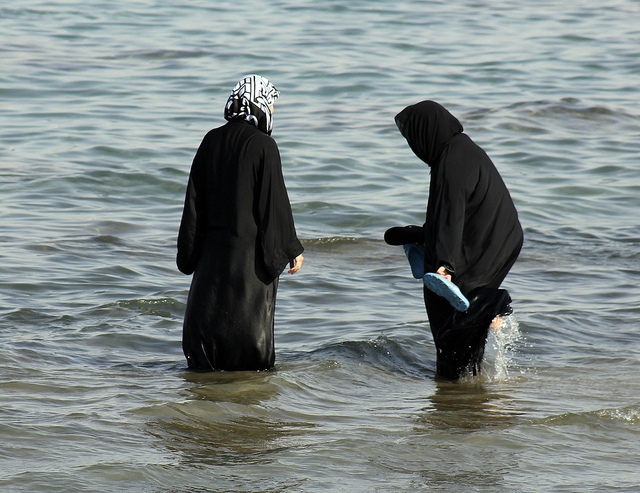10 Shocking Facts About Human Rights in Saudi Arabia

In Saudi Arabia, human rights are based off the Hanbali Islamic religious laws, which are under absolute rule of the Saudi royal family. Due to the strict regime of the Kingdom of Saudi Arabia, human rights in the nation have been ranked some of the worst in the world. However, due to a recent change of power, progress has been made in terms of human rights, especially for women. Here are 10 facts about human rights in Saudi Arabia.
Facts About Human Rights in Saudi Arabia
- On June 24, 2018, women gained the right to drive in Saudi Arabia. Crown Prince Mohammed Bin Salman lifted the ban due to his 2030 Vision to have women ascend ranks in the workforce. Women 18 and older are able to now apply for a driver’s license, and driving lessons are offered by instructors that can even be women who obtained their license abroad.
- Male guardianship is a huge issue in Saudi Arabia. Every women has to have a “male guardian” that can be a husband, brother, father or son. These male figures have the authority to make decisions on the women’s behalf and decide if she can apply for a passport, get married, travel or leave prison. However, on April 2017, King Salman removed this restriction and gave women access to any government service without a “guardian” (unless it interferes with existing regulations).
- Dress code is a strict part of the Islamic law, and women have traditionally been restricted against wearing makeup or clothes that show off their beauty. Instead, they have to wear some kind of opaque cloak to cover their body which does not prevent them from being harassed on the daily by religious police for being too “revealing”or wearing too much makeup.
- Torture and other cruel treatments of detainees in Saudi Arabia are common practices. In fact, many human right defenders and critics of the system have been sent to prison or unfair treatment for their protestations, such as when authorities passed the “Counter-Terrorism” law.
- Competing freely in sports has been a struggle for women in Saudi Arabia. In 2015, Saudi Arabia proposed hosting the Olympics but without any women. When Saudi Arabia sent women to the Olympics in London in 2012, two of the women were labeled as “prostitutes,” had to cover their hair and be accompanied by a guardian. However, in September 2017, the national stadium in Saudi Arabia welcomed female spectators, but they were assigned their own section in the typically male-only venue.
- Discrimination exists for Saudi Arabia’s Shi’a minority. This Islamic sect faces prejudice that limits their right to express their belief, work and access state services. In fact, many of the Shi’a activists are continuously arrested, imprisoned and even killed.
- Freedom of expression, association and assembly is a problem in Saudi Arabia as well. Authorities still continue to harass writers, online commentators, activists or anyone who express their views against government policies.
- Women still have restrictions on interacting with men. Women are required to limit the amount of time they spend with men who are not related to them. There are even separate entrances and exits for women and men in a majority of buildings, offices, universities and more. A person can be criminally charged if caught breaking this rule.
- Male and female swimming pools, spas and gyms are all separate. However, the Crown Prince aims to make Saudi Arabia more appealing for tourists and investors and is thus planning to create a resort that allows gender-mixing bathing, bikinis and alcoholic beverages.
- The death penalty in Saudi Arabia is still a major problem. The courts in Saudi Arabia still impose the death penalty for a variety of crimes. Many defendants that were sentenced to death were seen to have unfair trials, and cases have even occured where authorities fail to inform the families of their relatives’ executions.
Creating Change, One Supporter At a Time
Human rights in Saudi Arabia appear to be improving due to the 2030 Vision; however, there is still a long way to go. Continuous support from protestors and other countries is crucial for creating change in Saudi Arabia.
– Negin Nia
Photo: Flickr
